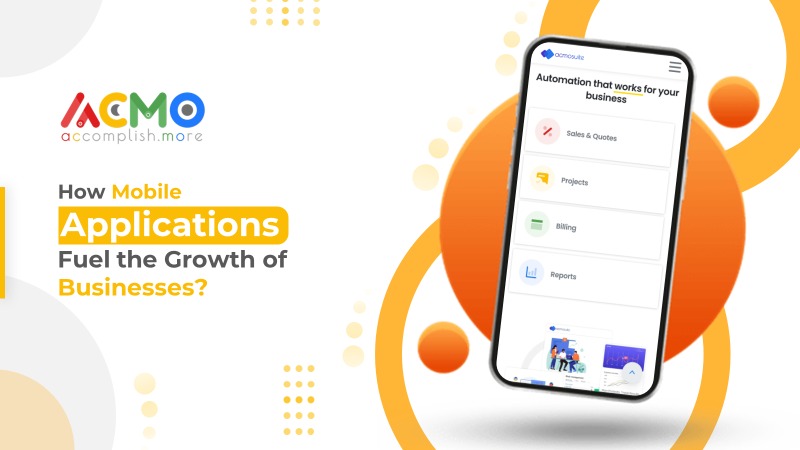Smartphones have become a vital part of everyone’s life. In contemporary times, the usage of mobile phones and the dynamic applications they have within them allow users to be active netizens. Mobile applications are used for multiple purposes ranging from carrying out personal, or professional tasks. The usage of mobile phones has extended convenience to the users. They have also revolutionized the world of retailers like how they interact with customers, advertising special offers, mobile promotions, and discounts on retail apps, instead of printing them on billboards and flyers. By providing the facility of online payment processing, you give users the best possible service. Having access to online platforms has also allowed users to be active and keep a tab of online activities which help them to compare prices, and brands, and check other buyers’ reviews before purchasing anything.
Let’s find out how mobile apps impact retail businesses:
Moving beyond Website
In recent years, it has become clear that mobile apps for retail are better to engage customers than websites and generate higher revenues than websites. According to a report, native retail apps generate 66% of all mobile commerce revenue, twice as much revenue as mobile websites. Native retail apps generate a 90% higher add-to-basket rate and 120% higher conversion rate compared with mobile websites. The reason consumers prefer apps over mobile sites is because the former provides the user with better user experience, greater app performance and speed, better app security, superior features, means to provide customer feedbacks, mobile checkouts, mobile shopping carts, and intelligence-based offers.
Boost Your Conversion
As a company, if you are offering mobile application services to your clients, it means you have fair enough chances of scaling up. Retail marketers should meet people where they are and position their brand and product where their audience exists in the mobile world. This is the key to driving positive conversions.
Be up-to-date
Numerous small or large scale businesses are having access to retail apps. While many are striving to make one. The better the retail app design you provide to users, the more rapidly your business will evolve. Meanwhile all this will only work if you are up to date, and not obsolete. Not being up to date may lead you towards loss while vice versa can bring laurels.
Better In-Store Experience
Retail mobile apps open the store doors to hundreds of thousands of potential customers. But as a service provider you should be aware that your physical store and online should not be separated. They should align with each other. Whatever buyers select in online shopping, they should be easily able to collect it from the store without wasting time on checkout lines. Buyers also use mobile applications to check data sheets, benefits, ratings, reviews, endorsements, etc. It is impractical to position all of this information on your shelves. So what could you do?
By adding a QR-code scanner to your retail app and the QR codes themselves to the shelves, you can provide the option for your customers to conveniently access all the product data to facilitate buying decisions.
A push notification will increase your customers’ engagement
In retail mobile apps, push notifications allow users to be prompt in response to new events and ideas such as upcoming sale, new arrival, or special in-store events. Push notifications are a powerful means to increase customer engagement because they have 90 percent open rates and can be more effective than social media posts or email campaigns.
The mobile app loyalty program will strengthen your customer relationships
According to a survey, acquiring new customers costs 5 to 10 times more than selling to a current customer, and current customers spend 67 percent more on average than those who are new to your business. Considering that, the mobile application loyalty program is a great way to increase existing customers’ interaction with your company and their retention, which will lead to stronger customer relationships and higher revenue for your business.
Data Analytics
Data analytics allows the owners to dive deep into what consumers are consuming from their stores.The mobile app provides the best capabilities for this. The data analysis allows making business decisions based not on the bare hypothesis, but on solid analytics. Such an approach gives vast maneuvering space for shopping experience improvement. As a result, retailers can drive sales, both in-store and out-of-store.
Conclusion
The mobile applications have transformed the retail business by providing customers access to dynamic features such as advertising, promotions, discounts, and special offers. Besides providing the facility of doing it online, the retail feature provides the safest mode of convenience for users. Inbuilt with multiple options, it becomes a viable option for both retail business sellers and buyers.



